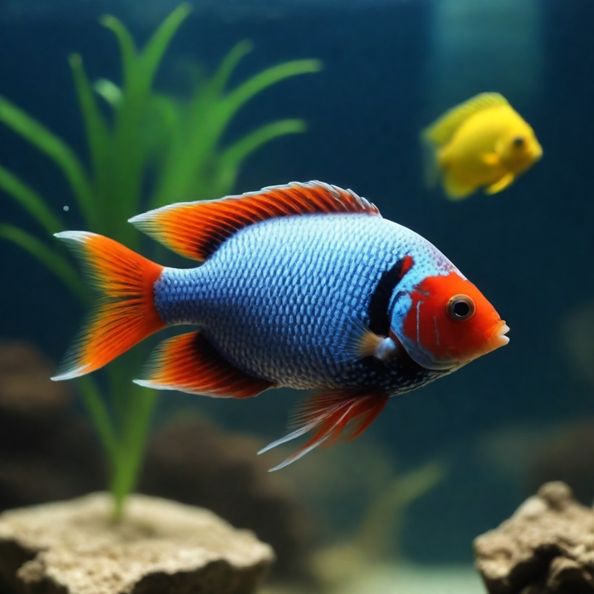Article by: Farah Izana Abdullah
Aquaculture, or aquafarming, refers to the breeding and cultivation of aquatic organisms such as fish, shrimp, mollusks, and other aquatic plants for commercial purposes. This practice has become a crucial part of the global food industry as it contributes to the supply of essential protein and food sources.
The significance of aquaculture in the global food industry is increasing in line with the growing world population and the rising demand for food. Here are some key aspects of aquaculture and its major contributions to the food industry:
- Meeting Protein Demand: Aquaculture provides a vital source of protein, particularly in the form of fish. With the growth of the world population, the demand for protein is increasing, and aquaculture significantly contributes to meeting this need.
- Sustainable Use of Marine Resources: Aquaculture helps alleviate pressure on depleting marine fishery resources. By providing alternatives through farming, aquaculture can contribute to more effective conservation and management of fishery resources.
- Economic Growth and Job Creation: The aquaculture industry offers economic opportunities to local communities and provides employment in various sectors such as breeding, food production, and retail.
- Sustainability and Environmental Impact Reduction: Aquaculture has the potential to be managed sustainably, including the use of cutting-edge technology to reduce negative impacts on the environment. Efficient aquaculture systems can help reduce water pollution and contribute to biodiversity conservation.
- Innovation and Technology: The aquaculture industry continues to evolve through the discovery of new technologies. Innovations in feeding, disease management, and breeding techniques enhance operational efficiency and contribute to the development of the global food industry.
By understanding the role and importance of aquaculture in the global food industry, we can strengthen approaches toward sustainability and the conservation of natural resources while meeting the increasing food needs worldwide.

Date of Input: 19/01/2024 | Updated: 17/04/2024 | izana.abdullah
MEDIA SHARING





























